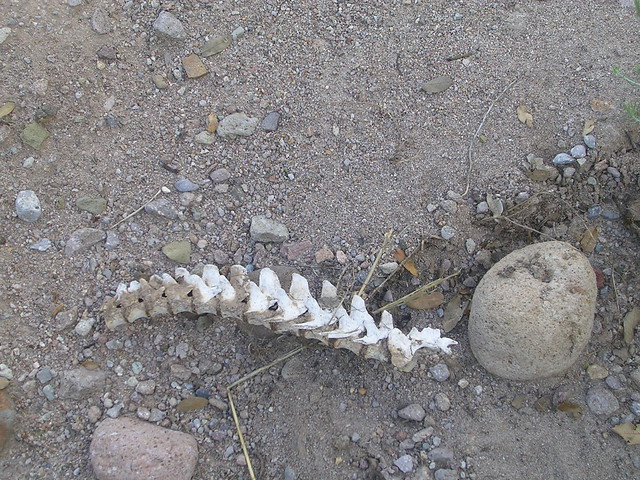The journal Cureus is retracting three articles by a mashup of authors from Pakistan and the United States for plagiarism, which the researchers blame on their use of a hired gun to prepare the papers.
The articles were published over a roughly one-month stretch in August and September 2018 and covered an impressively polymathic range of topics, from lupus to heart disease. Although the list of authors varied, a few names remained constant. One, Asad Ali, of Lahore Medical College and Institute of Dentistry, was the first author on all three papers. Another was Malik Qistas Ahmad, whose affiliation is given as the University of Arizona Cancer Center in Tucson although he no longer works there.
The papers (not in chronological order) are: “Systemic lupus erythematosus: an overview of the disease pathology and its management”; “Neurogenic stunned myocardium: a literature review”; and “An overview of the pathology and emerging treatment approaches for interstitial cystitis/bladder pain syndrome.”
John R. Adler, the editor (and founder) of Cureus, told us that a reader pointed out the plagiarism, which escaped the journal’s plagiarism detection system.
The retraction notice for the first reads:
Continue reading “We got scammed:” Authors “sincerely apologize” for plagiarism they blame a ghostwriter for









